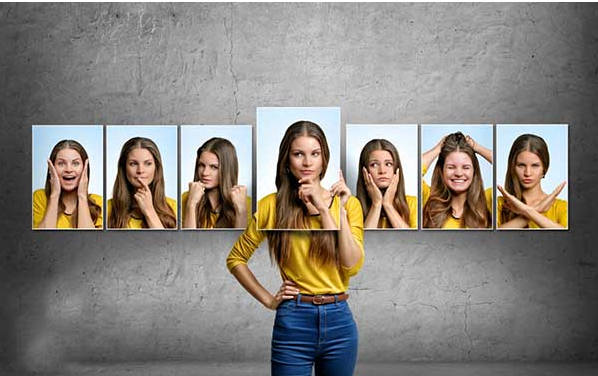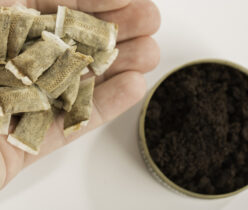Finding happiness from within – if you know how to master your emotions!!
Dr Alan Watkins, an honorary senior lecturer in Neuroscience and Psychological Medicine at Imperial College, London, posted a two-part video of his TED talk titled, Being brilliant every single day, on YouTube. Part one of this talk titled How the brainshuts down, had over 300,000 viewers. Ironically, part two titled How you stop it happening’, had only 100,000 people watching it. The video stats state an absolute reality that people take the lighter side of emotions in life while not being able to even view a video for a few minutes though it might have a determinable effect on their lives. The 300,000 viewers enjoyed the happy content, to laugh at the volunteer who comes on stage and gets put under pressure by Watkins, making his heart rate go wild, while only a third of those viewers stayed for the part which teaches them how to overcome such a situation.
Dr Alan, who was originally qualified as a physician, applies his expertise in a career helping everyone from FTSE 100 CEOs to Olympic athletes to improve their performance at work and play. According to Dr. Alan, concentrating on just the behavior isn’t effective enough. But to truly realize one’s potential, we have to go deeper, to be tangibly aware of our physiology and to control how it affects us.
When we come face to face with calamity in life or are in the middle of a broken relationship, most often we believe that somebody else or an external element is at play in altering our immediate mental, psychological and social being. Most people live their life believing others are doing it to them. When you haven’t got any control over your emotions that’s what it’s like. ‘You made me feel angry.’ That’s the victim position.
Apparently, when we start blaming somebody else for a mishap in our own lives, we often feel it gets us off the hook, but it doesn’t. Instead, it pulls you deeper into the abyss, because if you blame somebody else then only that somebody might be able to make you feel better. But Dr. Alan prescribes you to take it back and accept the fact that ‘I own my emotions, so if I’m feeling angry, I created the chemistry of anger, not you. If I created it, I can uncreate it and that’s the whole point.” And is he himself in control all of the time? “Well, I’m often described as pathologically cheerful. And I am, because I choose to be. You can be upbeat every day of your life, if you want to be.

“We try to upgrade the human system, as it were, rather than just adding more apps,” says he. He has based his philosophy on a pyramid which begins with physiology at its base, then takes in emotion, feeling, thinking and behavior before reaching for the results that he along with his client intends to achieve.
Dr. Alan is of the opinion that cognitive behavioral therapy is only partially effective. For instance, the problem with depression isn’t at the rational level, it’s at the emotional level, which is two levels down. “You can’t solve the fire on the second floor by chucking buckets of water around on the fourth floor,” he says.
While working with his clients, instead of focusing on time management, Dr. Alan focuses on energy management in turning them get more productive all the time, both in and out of work. “Gold medals are not won or lost during the practice of sport, they’re won or lost in the recovery period when you’re not training,” says Dr. Alan, who worked with the Great Britain rowing squad before 2012 and accompanied them to Rio.
The emotional state you’re in during that period of activity or performance is absolutely critical as you’re spending a lot more time not doing the exercise than doing it. If unfortunately, you fall in to the default habit of moaning and groaning, it is going to do more harm than good. Not only are you pumping up more cortisol you will also drain your energy. And so, when you start to exercise, if you aren’t in the right state of mind, it’s much tougher to get the real benefit and the DHEA hormones going.
Dr. Alan works out with clients focusing on teaching athletes to get in the right emotional state when they’re competing as well as in the recovery zone. In his own words, “basically, I teach people how to be Zen Masters. Well, we’re nondenominational!” he laughs.
He gives away the secret to happiness in very simple terms – “The single biggest moment is when people take ownership of their own emotions and build on it from thereon. Training as a physician, I saw every shade of suffering and it caused me to reflect deeply on what it means to be alive. How do we make the most of being alive? How do we optimise our experience of being, living? Well, it is possible to feel the feelings you want to feel. I’ve taught people and I’ve seen that it’s possible. That reinforces my relentless optimism.”
